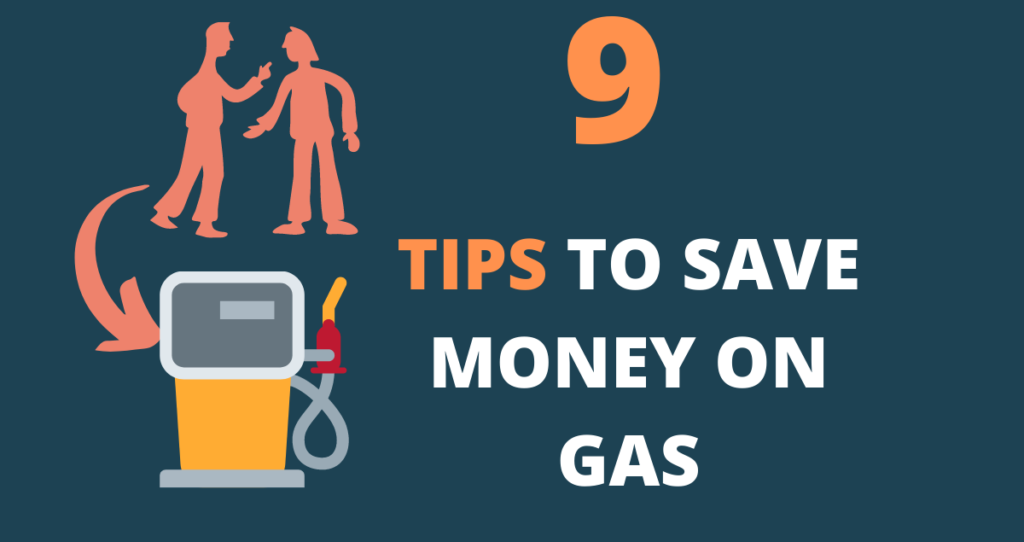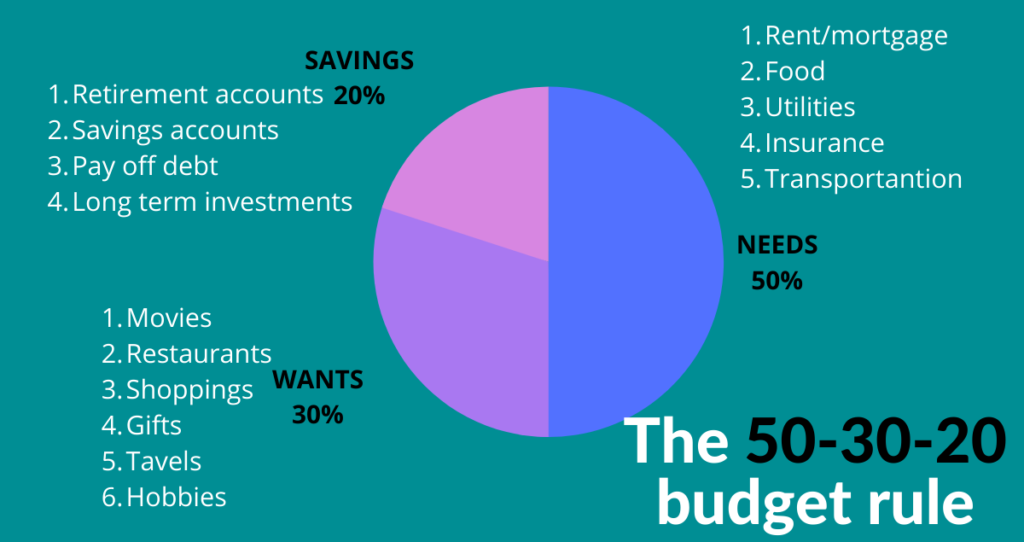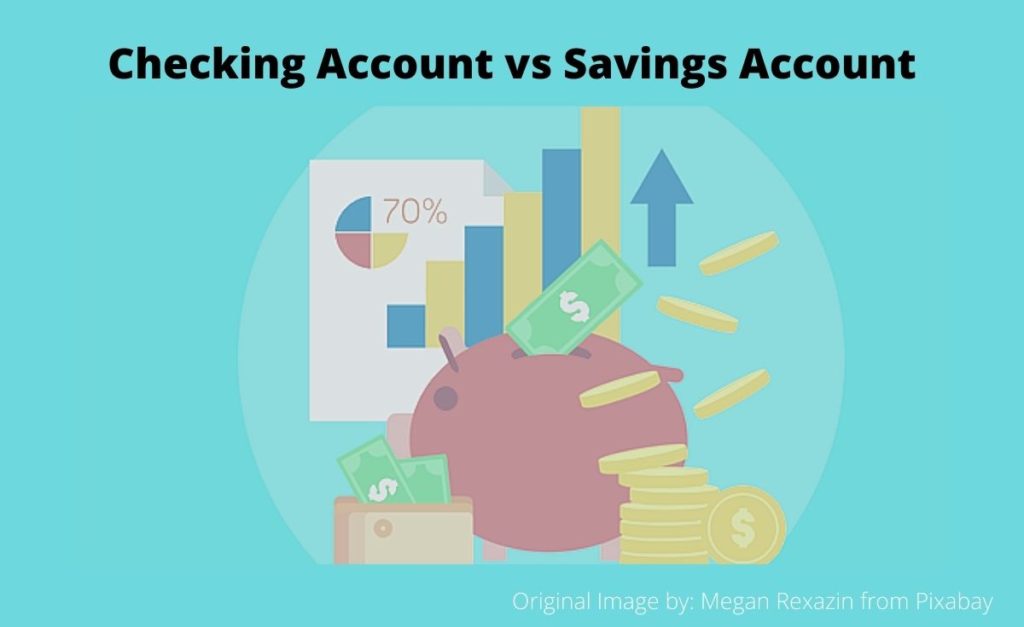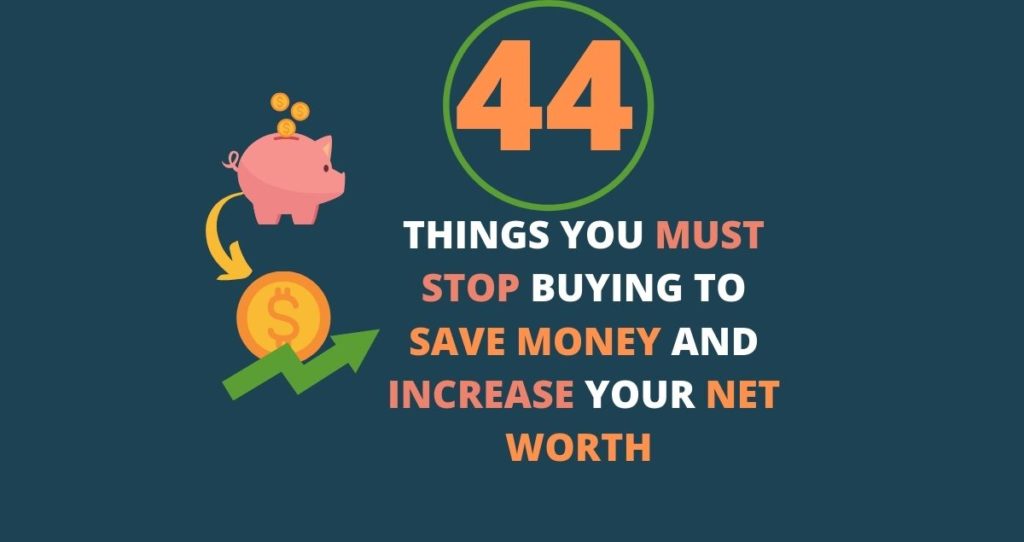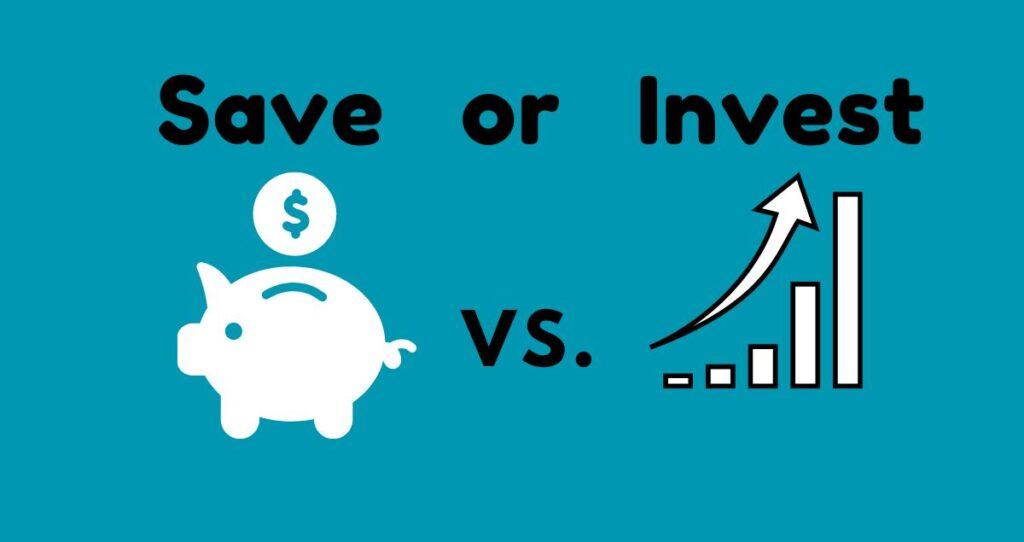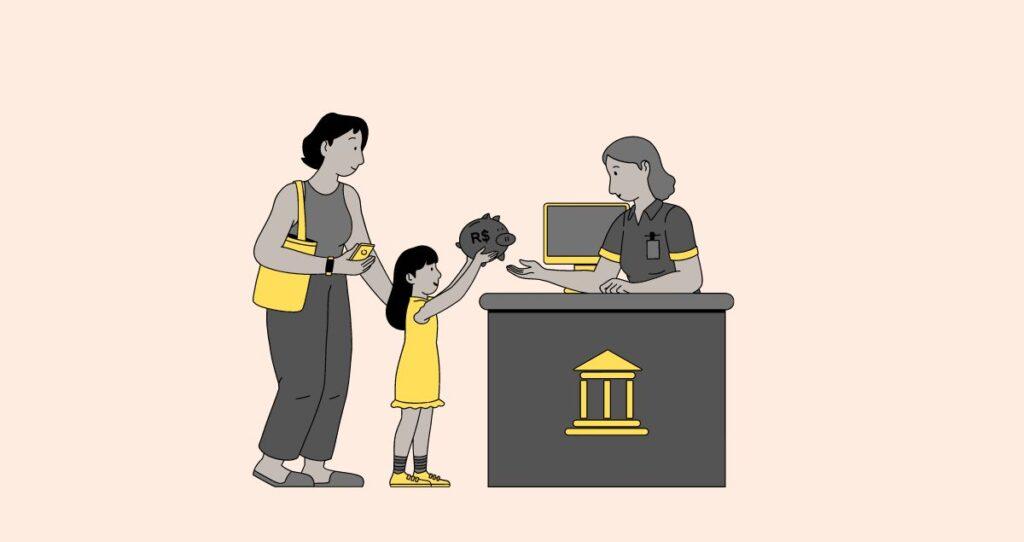Are you tired of spending thousands of dollars on gas? With gas prices continuing to rise, saving money on gas has become a necessity. While you cannot dictate how much you pay for gas, there are tips you can use to save money on gas while maintaining your current lifestyle.
Here are tips to save money on gas no matter the car you drive or where you live.
1. Take advantage of reward programs from the gas station
Due to high competition, gas stations offer a wide range of discounts on gas such as gas coupons and rewards cards to attract and retain customers. If you are interested in saving money on gas, taking advantage of these discounts will be the most cost-effective and convenient way to lower your gas bill. The next time you put gas in your car, ask the gas station if they have rewards cards or other forms of discounts.
Fuel comes in different levels of grades based on levels of octane which also dictates how much they cost.
- Regular gas or 87: The lowest octane fuel and it is usually the cheapest grade
- Midgrade gas(89-90). Also known as Plus, this grade is considered a middle-range octane fuel and it costs a little more
- Premium gas(91-94). This grade is the highest octane fuel and you pay a premium price
- Diesel fuel
Most gas stations have these grades of gas and common gas pumps show 87,89, and 91 or 93. There is usually a few cents difference in prices between each grade. For example, if regular gas costs $3.85, midgrade will cost a few cents more such as $4.15 and premium might cost $4.35. There is usually about a $0.40 to $0.50 difference between the Regular grade and the Premium grade. To save money on gas, go for the cheapest grade which is 87. Matter of fact, most cars can take any of these grades. You don’t need to use the most expensive gas if your car can run on a regular grade.
3. Buy a car with fuel efficiency
One of the best ways to save money on gas is to buy a car that is efficient on gas. Smaller cars are usually best when it comes to fuel efficiency. On the other hand, big cars and sports cars are not great on gas. If you are a long-distance commuter, buy a car that has a high mileage on highways and an above-average MPG in cities.
You can also buy a hybrid car which allows you to use gas or charge it. If it is cheaper to use electricity, you can charge your car instead of putting in gas.
4. Get a membership with stores that sell gas
If you buy food at a store that sells gas, you probably need to get your gas from there as well. Grocery stores that sell gas such as Walmart and Costco give exclusive discounts to customers with memberships. These discounts can also include low prices on gas.
5. To save money on gas, drive properly
The way you drive usually affects gas consumption. Some of the driving habits that burn a lot of gas include but are not limited to driving too fast, accelerating too fast, idling too long, or stopping suddenly. By avoiding these habits when you are driving, your car will consume less gas and help you save money.
6. Do not drive unless it is needed
Usually, people spend too much money on gas due to unnecessary driving habits. Instead of driving to their desired locations, they take detours which ends up costing them money. Others take random and unplanned trips which increases their gas bills. You can simply mitigate these losses by driving your car only when it is needed. It is also important to make schedules and get everything you want at once to avoid multiple trips.
7. Budget your gas spending
Having a gas budget can help you monitor your gas spending and save a lot of money. The budget will keep you in check and help you drive only when you have to. For example, if you have used all your gas money for the month, you will avoid driving since your account will be dried up.
8. Keep your tires properly inflated
When your tires are not properly inflated, you lose a lot of gas due to excessive tire traction. So, before you drive your car make sure that the tire pressure is within an acceptable range. This simple tip will keep you safe on the road and save you money on gas.
9. Optimize your route
There are many routes you can take to reach your destination. If you want to go somewhere, always use the shortest and fastest route possible.
Keep in mind that a shorter route does not necessarily mean you will save gas. You need to use a route that will get you to your destination faster but also optimized for gas savings. For example, during certain hours, some routes have more traffic than others. If the route you pick is shorter but has traffic, you might end up consuming too much gas on that trip.
Additionally, cars burn less gas on highways compared to residential roads. If you are going to work, for example, consider using a highway instead of a residential road.
Does cheaper gas last shorter?
Generally speaking, lower-cost gas contains lower levels of octane which means they tend to burn faster than gas with higher levels of octane, according to Endurance. While this is true, lower-cost gas will not necessarily last shorter than more expensive gas. The longevity of gas in a vehicle also depends on other factors such as the type of vehicle, engine efficiency, driving habits, and conditions.
What causes a car to consume too much fuel?
If your car is consuming too much gas and too fast, it could be a number of reasons. Some of these reasons are associated with the way you drive, the type of fuel you use, the car you drive, and the maintenance of the car.
Here are a few reasons your car might be burning too much fuel.
- Inefficient driving habits. Aggressive driving, including rapid acceleration, braking, and speeding can drastically reduce fuel efficiency.
- Poor maintenance. Neglecting regular maintenance and check-ups can lead to decreased fuel efficiency. This might involve not changing oil and air filters regularly or neglecting tire pressure.
- Excessive idling. Keeping your car idle for extended periods can waste a significant amount of fuel, especially in larger vehicles.
- Heavier loads. A heavier vehicle requires more energy to move, which translates into more fuel consumption.
- Short trips. Frequently using your car for short distances can use more fuel.
- Your vehicle is old. Older cars often lack the advantages of modern fuel-saving technologies and hence, consume more fuel.
- A faulty engine. If you fail to replace fuel filters, oxygen sensors, spark plugs, or engine valves, the engine may malfunction which in the end can lead to high consumption of fuel.
- Using lower octane fuel. If your vehicle requires high-octane fuel and you’re using a lower grade, it might lead to higher fuel consumption.
- Bad weather. Cold weather can also increase fuel consumption since your vehicle might take longer to reach its most fuel-efficient temperature.
- Inefficient engine. An inefficient or worn-out engine won’t be able to combust fuel as effectively and hence which leads to consuming more gas.
- Excessive use of air conditioning. Using the air conditioner in your car can also increase fuel consumption, especially at low speeds.
How do I stop high fuel consumption?
- Accelerate slowly and steadily. Accelerating too hard and violently costs you money on gas.
- Maintain a steady speed. When you speed up and down, you burn more fuel which costs you more money.
- Anticipate traffic. You can easily save money through less fuel consumption by anticipating the traffic. High-traffic routes cost more gas as you are constantly accelerating and decelerating.
- Do not idle for too long. Idling too long costs more fuel and might cause residues that damage the engine. According to the U.S. Department of Energy, Idling for more than 10 seconds uses more fuel and emits more CO2 than engine restarting. Idling fuel usage varies from 0.2 to 0.5 gal/h for passenger vehicles across a range of sizes, and increases with idling speed.
- Keep your tires inflated. When your tires are not fully inflated, they tend to have higher resistance which costs you more money.
- Avoid stopping too fast. Stopping too fast burns more fuel which costs you more money on gas
- Cruise on top gear. If you have to cruise, try to cruise in high gear especially when you are on the highway
- Don’t carry too much. Carrying too many loads makes the car heavy and leads to burning too much fuel. This in turn requires that you refil your gas tank very often.
Is it better to idle or turn the car off to save gas?
While most people choose to idle their cars, especially for short stops, in reality shutting down the car saves you more money on gas even if it is for 10 seconds. According a research done by the Argome National Laboratory, shutting down the car saves you money on gas and reduces emissions even if it is for 10 seconds. If you are constantly driving and stopping, however, it is not recommended to turn on and off your car constantly.
